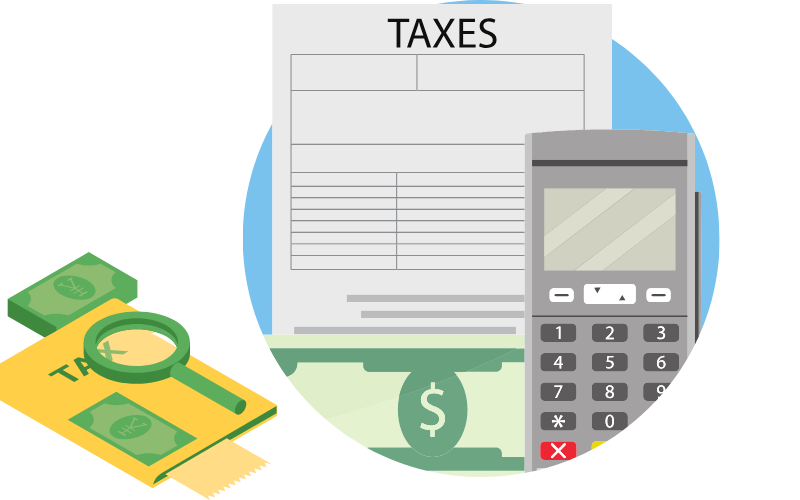In daily life, for some reason. an individual or an organization cannot conduct transactions related to their rights and interests by themselves, they can authorize others to perform specific tasks on their behalf. And many people wonder if the power of attorney must be notarized or authenticated. Through this article, Nghiep Thanh Law will help readers understand this issue.
1. What is a Power of Attorney?
Power of attorney is a legal document in which the authorizing party appoints an authorized party to act on his/her behalf to perform one or more tasks within the scope specified in the power of attorney.
In terms of the nature of the power of attorney, it is considered a civil transaction because according to Article 116 of the Civil Code 2015, a civil transaction can be a unilateral legal act that gives rise to, changes, or terminates civil rights and obligations.
2. What is the time limit for authorization by laws?
The authorization period shall be agreed upon by the parties or prescribed by laws. If there is no agreement and there is no regulation by laws, the authorization contract is valid for 1 year from the date of establishment of the authorization[1].
However, if the two parties have agreed on the authorization period, but in some cases, this period may end differently from the agreement.
For example: The two parties can terminate the authorization earlier than agreed in the following cases:
– The authorized work has been completed.
– The represented party or the representative unilaterally terminates the authorization.
– The represented party, the representative is no longer alive.
– The represented party, the representative being a legal entity ceases to exist.
– The representative no longer meets the requirements.
– Other Grounds that make representation impossible.
3. Is the power of attorney required to be notarized or authenticated?
Power of attorney is usually only used for simple authorization. In case of complicated cases, the parties will use authorization contracts.
Currently, according to the provisions of the Law on Notarization 2014, there is no procedure for notarizing the power of attorney, but to referring to the notarization of the authorization contract. Therefore, the power of attorney is not required to be notarized.
Some common cases need to authenticate the power of attorney:
The power of attorney needs to be authenticated in case the signature in the power of attorney is authenticated, in the case of a power of attorney with no remuneration and the authorized party has no obligation to compensate and not related to the transfer of property ownership, right to use real estate[2].
The case of authorization to request civil status registration must be made in writing and authenticated at a competent agency. In case the authorized party is a grandfather, grandmother, father, mother, daughter/son, wife, husband, older brother, older sister, younger brother, or younger sister of the authorizing party, the power of attorney is not required to be authenticated[3].
In case of authorizing another party to carry out the procedures for requesting the issuance of judicial record card No. 1. The authorization must be made in writing and authenticated at the competent authority. If the authorized party is the father, mother, wife, husband or daughter/son of the authorizing party, a written authorization is not required[4].
Thus, normally the power of attorney is not required to be notarized, however, the power of attorney still has to be authenticated in some specific cases and other relevant legal documents.
The content above is the advice on “Does the power of attorney need to be notarized in Viet Nam?”
If you find the article useful, let’s spread the knowledge to the Community by clicking “Share” this article.
Nghiep Thanh Law thank you for reading and sharing. We look forward to receiving your feedback and suggestions.
Translator: Le Khanh Linh
Content writer: Bui Thi Nhu
Instructor: Nguyen Linh Chi
Admin: Lawyer Thuan
[1] Article 563 Civil Code 2015.
[2] Article 24.4.(d) Decree 23/2015/ND-CP.
[3] Article 2.1 Circular 04/2020/ TT-BTP.
[4] Article 45.3 Law on Judicial Records 2009.














